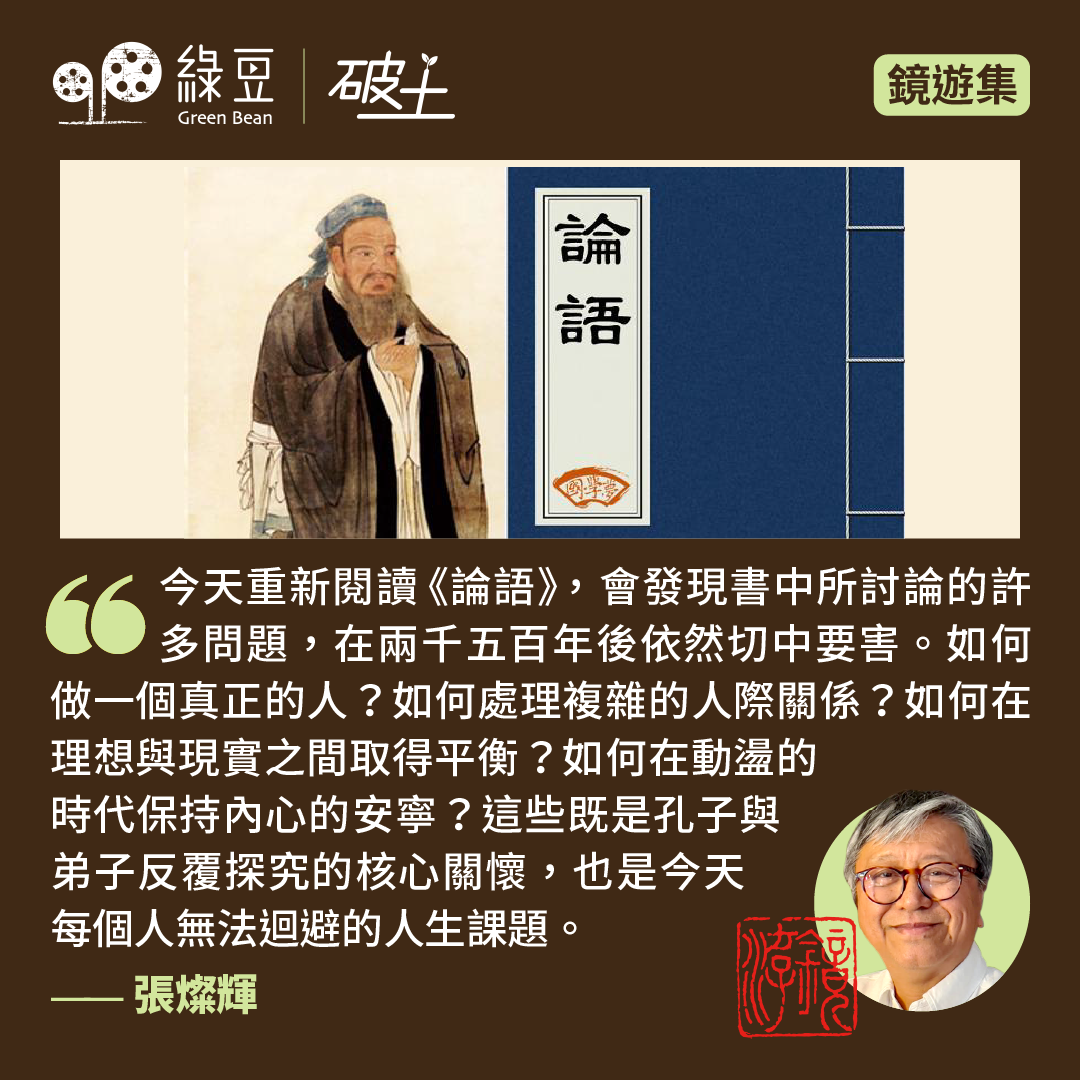Pandas inflated with political hopes

Hong Kong is poised to create another economic miracle if the arrival of two giant pandas before October 1 breeds new vigor to the economy, or “panda economy” as what tourism minister Kevin Yeung has coined.
Speaking to reporters after paying a panda-selection trip to Sichuan province with his boss Chief Executive John Lee, Yeung said Hong Kong can promote a “panda economy” with the number of bears doubling, or from two to four.
He pointed to the catering and retailing sectors as among the potential beneficiaries of the charming power of the pandas.
Gifts to the city
Hong Kong has received four giant pandas from the mainland since 1999. But previous efforts to encourage the animals to reproduce had been unsuccessful. Two are currently residing at the Ocean Park.
In a speech to mark the 27th anniversary of the city’s return to Chinese sovereignty on July 1, John Lee announced that Beijing has given a nod to his request for gifting another two to the city.
He told reporters during a visit to Sichuan’s panda centre they have picked a pair of young pandas, holding out hope that the pair would reproduce baby pandas in the city.
A veteran Hong Kong adviser to Beijing, Lau Siu-kai, said the “emotional ties” between Hong Kong and the mainland would be given a boost if the pair succeed in producing offspring on Hong Kong soil.
In sharp contrast with high hopes and euphoria prevalent in the Government and the pro-Beijing circle over the arrival of two giant pandas, the general populace does not seem to feel excited, not without reason. Nor doubters have had bad motives.
With four giant pandas, in two pairs, already made Hong Kong home since 1999, the non-tourism benefits, or political and economic value, that the extra pair can bring to the city are a question mark.
Public perception towards the mainland
Politically, relations between Hong Kong and the mainland have moved backwards since the 2010s after peaking in 2008 marked with two sharply different events, namely the Sichuan earthquake in May and the Beijing Olympics in August.
Hong Kong people showed deep sympathy and profound love for the victims killed in the disastrous earthquake. They had pooled donations and efforts to help rebuild the devastated areas.
Months later, the success of the national athletes in the Beijing Games shot the feeling of pride and national identity of Hong Kong Chinese to a new height.
Relations grew worse since then following the jailing of late activist Liu Xiaobo in 2009 and the mysterious death of labour rights activist Li Wangyang in 2012.
Public perception towards the mainland authorities has become more negative, which is in line with the perception of people in Western countries and some in the region.
Both Lee and Yeung have stressed the significance of the gifting of the “national treasures” by the central government to Hong Kong as a show of Beijing’s care for the city.
In the face of the depth and complexities of lingering strain across the border that have worsened since 2019, the power of giant pandas in fostering love among Hong Kong people towards the mainland should not be overestimated.
Become ironic sign
On the economic front, Yeung said Hong Kong can learn from the success of Sichuan in making good use of the pandas to drive their economy.
According to official information, the Sichuan Giant Panda Sanctuaries, consisting of seven nature reserves and nine scenic parks, is estimated to have a panda population of 2,060.
How the housing of two more giant pandas at the Ocean Park can revitalise the economy is unclear.
Citing the success of the giant floating yellow rubber ducks at the Victoria Harbour, a pro-Beijing lawmaker Chan Yung has suggested the display of six inflatable panda stars at the harbour and the Central harbourfront to lure visitors.
That could not be a more ironic sign of the charm of pandas being inflated to serve political purposes.
( Photo : Ocean Park facebook )
▌[At Large] About the Author
Chris Yeung is a veteran journalist, a founder and chief writer of the now-disbanded CitizenNews; he now runs a daily news commentary channel on Youtube. He had formerly worked with the South China Morning Post and the Hong Kong Economic Journal.





